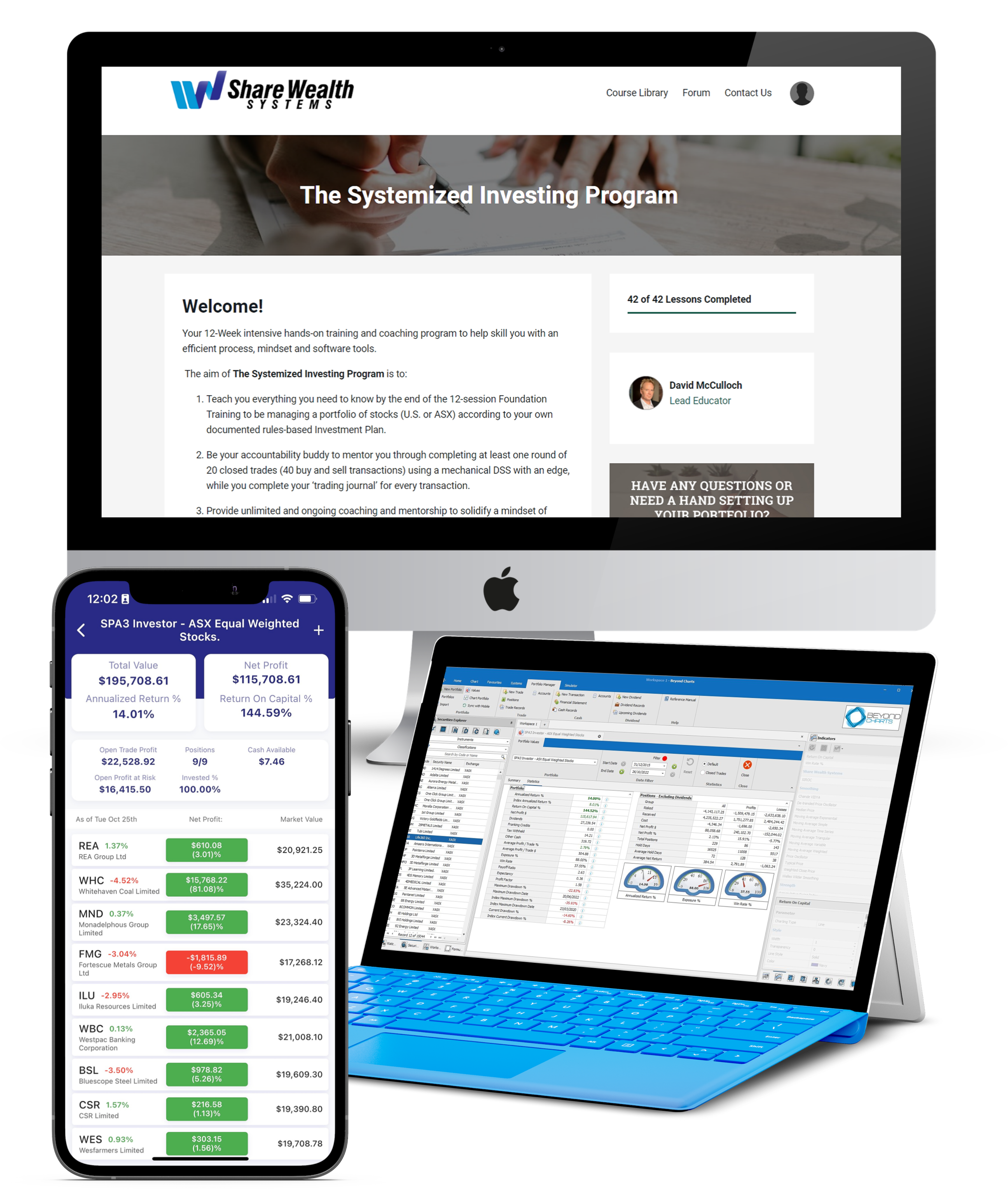Focus on, enjoy and love the execution process and outcomes will be positive; focus on the outcomes and the opposite will happen; they will be negative over a large sample of trades. This is yet another trading paradox, the degree to which you focus on outcomes will be the degree to which you will be unsuccessful in the market.
Focusing on outcomes will cause trainee traders to miss trades, chase trades that shouldn’t be done, exit early, enter late and risk positions that are too large or too small. These are all mistakes.
Mistakes are caused by fearing the “wrong” outcome. Our fear of a “wrong” outcome is greater than our fear of a “right” outcome. I use inverted commas because our societal paradigm is programmed to define wrong as a loss outcome and right as a winning outcome whereas an outcome is what it is, just an outcome. Most of the time outcomes are caused by variables that are out of our control but we make the situation worse by making mistakes with the variables over which we do have control.
When you execute a process according to its defined routines then all outcomes are “right” and there are no mistakes. Therefore, surrender the outcomes to whatever they will be and put your focus into your actual defined process of trading. Executing a process as it should be executed is easier to achieve when you have done your preparation and have defined a process based around a statistical edge that you trust.
In a nutshell, focusing on outcomes causes inconsistency and erratic actions which result in poor outcomes that cause frustration, anger, denial and dishonesty (with yourself and everyone around you) about performance which can spiral out of control.



It’s similar to chasing happiness. If you set out “to be happy”, you usually fail. But if you set out to do things that you are interested in, care about, love – happiness is a “happy” by-product!
I enjoy the comment…..please keep it going
REGARDS KEITH BUNN
I can highly recommend Curtis M Faith’s book “Inside the Mind of the Turtles” in which he talks the seven rules for managing risk. The last of the seven is to:
“Focus on decisions, not outcomes”
It is this last point that has really changed the way I approach many things including my trading and pretty much everything else. It has been a fantastic progression for me and one that is helping me to take bigger (reasoned) risks in my life.
I read this comment with interest, and some sympathy also. It’s been my experience that we can only bring our focus to the decision with confidence when we know that the link between that decision and and outcome is well-researched and backed up by masses of proven experience. At some stage in all things important we set the goal (outcome) and work to establish what activities and decisions will move us toward that goal. We only let go our goal focus when we’re sure we have the right answer about the cause (ie. making the decision and choosing the process). Which brings us to following the rules of the proven edge.
Gary, an excellent piece.
Switching from buy and hold to market timing is emotionally difficult becasue it takes a while to learn:
1. A proven mechaniacl trading system beats human judgement;
2. Never miss a trading signal, by second guessing it;
3. Focus on the execution process, not agonising over the outcome;
4. Accept that half to three quarters of trades will lose money;
5. Be prepared for consecutive losses since they are common;
6. A good trading system lets profits run and cuts losses; and
7. This means cumulative profits outpace cumulative losses over time.
The only way to have confidence in a market timing (i.e. trading) system is to know its probability of success. Historical performance and back-testing are the most reliable ways for determining that. So find out how a system has performed at least over ten years in terms of:
1. Average annual % net return versus the All Ords Index?
2. Ratio of winning to losing trades?
3. Average % win
4 Average % loss
If these stack up and can be verified trust the system since like a programmed poker machine it should deliver a net profit to its operator and a net loss to its counterparties.
Casinos don’t begrudge client wins since they know the system is rigged in the casino’s favour. A good mechanical trading system beats the market over an extended period because its winning probabilties are already known.
Response to Comment by P. Allan:
Well said. Get’s it in a nutshell.
When an active investor has a market timing system that has an edge then the trader becomes the casino. And just like a casino, the trader needs a process that continues to complete events. For traders the events are trades, for the casino events are spins of the wheel, throwing of the dice or hands dealt on the card tables.
Regards
Gary
Thanks Gary,
I wrote down the first sentence of your article and took it into the final round of my golf club championships. I managed to focus on executing my swing, chips and puts for the whole round and just refused to think about the outcome and ended up winning by six strokes. It is amazing how your advice translates into so many different areas of our lives. Thank you!
The comments are also true for most endeavours. Last weekend focusing on the outcome of a musical competition took my concentration from the process directly having a negative impact on the result. In nearly everything we do it is our actions/process (focus) which makes the score. Concentrating on the scoreboard does nothing but take our eye off the ball.